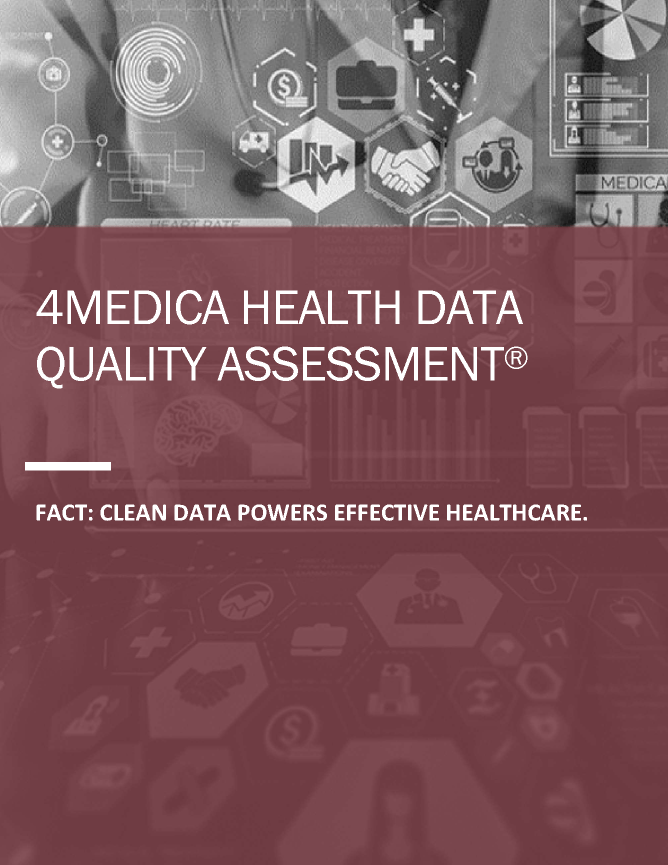This article was originally published by CIO applications. See article here.
Maintaining MPI data management requirements is essential to effective healthcare interoperability and can be a challenge without enduring loss of performance, speed and matching accuracy,” said Jennifer D’Angelo, who oversees the New Jersey Health Information Network (NJHIN) in her role as senior Vice President and General Manager of Healthcare for New Jersey Innovation Institute. “Once we partnered with 4medica and deployed the company’s cloud-based Data Quality Platform with its AI/ML capabilities, we brought our duplication rate fewer than 3 percent, while maintaining system performance.”

The cloud-based Data Quality Platform, offered by 4medica, one of the leaders in healthcare data quality and matching technology, revealed that it would implement machine learning and artificial intelligence to improve the patient matching process on its cloud-based platform. With the use of 4medica’s Master Patient Index (MPI) process, which uses the most technologically advanced process available, 4medica has revolutionized how organizations analyze, improve, and utilize the data they collect about their patients. Data exchange and management can be simplified and made more efficient, resulting in faster implementation.4medica guarantees its product will reduce patient duplication rates to less than 1 percent in most health organizations. Some health organizations report patient duplication rates as high as 30 percent.
It is not only patient safety that duplicates, and other matching errors can endanger but also result in inefficiencies and dilute data value. Inpatient stays, and emergency department visits cost healthcare organizations nearly $2,000 per duplicate record. According to a Black Book survey, 33 percent of claims are denied because of inaccurate health data.
“Poorly identified patients are one of the main causes of safety issues in healthcare,” said Dr. Oleg Bess, 4medica founder, and CEO. “Using Al and ML to accelerate and improve the process of reducing patient matching errors leads to more informed clinical decisions and better outcomes.”
With the use of Al and machine learning technology in the second and third layers, 4medica’s platform can detect more errors and improve the scoring weights for eMPI. It also intends to reduce duplication rates to as low as one percent to three percent and process large amounts of data much more quickly. A data science team from 4medica will then be able to resolve duplicate candidates, check for overlays, and, if necessary, rerun layers one through three of the analysis.
“Health data quality should be a priority for all healthcare organizations,” said Gregg Church, president of 4medica. “Harnessing advanced technologies such as AI, ML and automation through the cloud is the most effective and cost-efficient way for an organization to improve the quality and the value of its data.”
It is reliable and ideal for healthcare organizations that manage millions of patient records annually, including health information exchanges (HIEs), large hospital systems, labs, and clinics.
